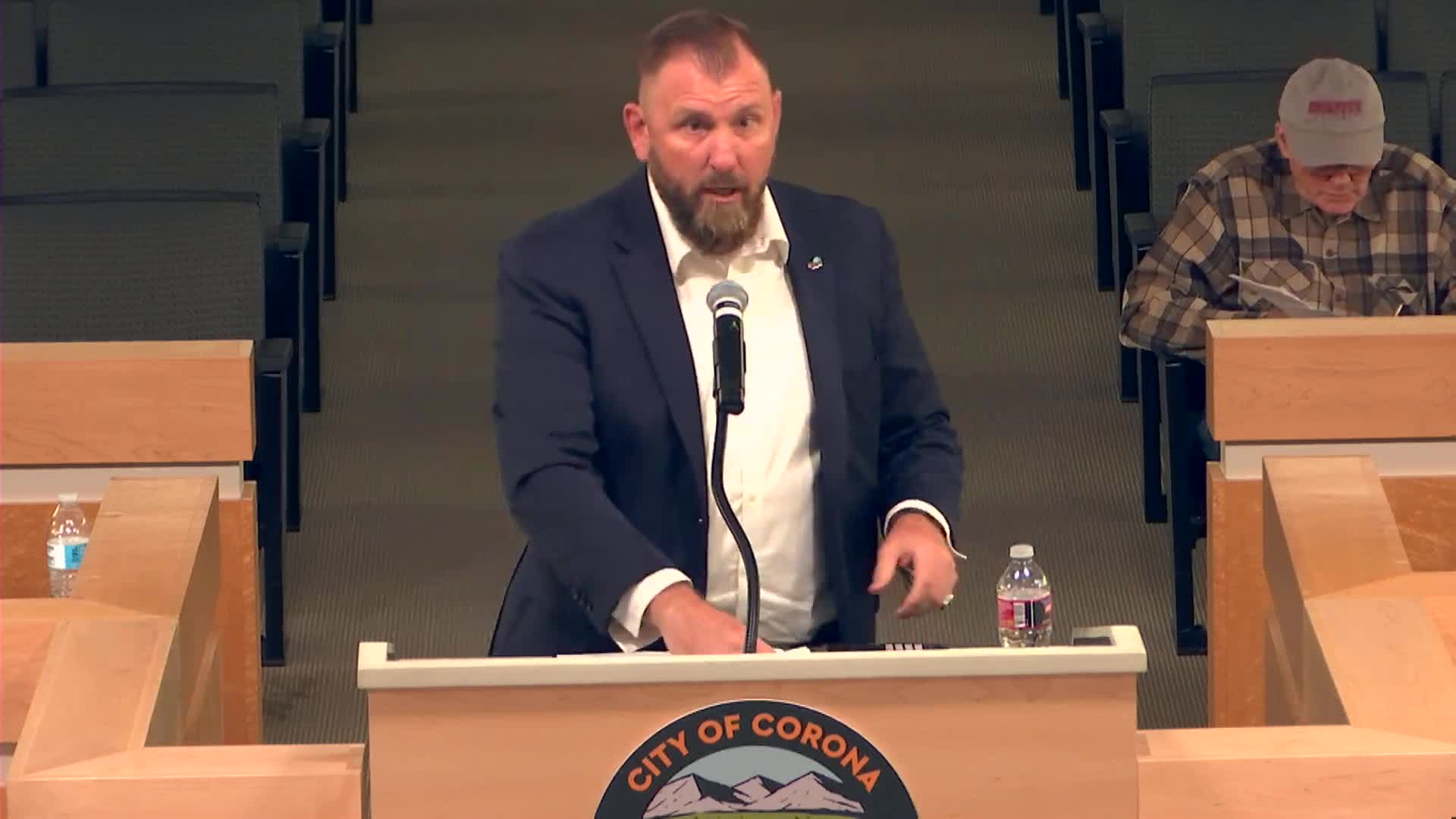Commission hears LMD Zone 20 irrigation and planting plan; staff proposes phased repairs and a maintenance manual
Get AI-powered insights, summaries, and transcripts
Subscribe
Summary
Consultant presented soil and irrigation testing for LMD Zone 20, citing reclaimed-water salinity and aging controllers; staff proposed short-, medium- and long-term actions, a maintenance manual and use of rebates to offset controller upgrades.
A consultant presented results of soil and irrigation testing for Landscape Maintenance District (LMD) Zone 20 and recommended a phased program of repairs, soil conditioning and plant palette changes to address widespread dieback and aging irrigation infrastructure.
RJM Design Group consultant Zach Muting said soil samples showed slightly elevated alkalinity and signs of sodium and chloride accumulation that are consistent with long-term use of reclaimed water. "We are seeing slightly elevated alkaline levels ranging from about 7.1 to 7.6 pH," Muting said, and added that the tests flagged salt-accumulation patterns that can hinder plant establishment.
Muting told the commission the team found inadequate sprinkler coverage in many zones because irrigation heads are obstructed by overgrown shrubs and some controllers date to earlier system generations. He recommended a three-part set of priorities: high-priority repairs to restore coverage and fix broken heads; medium-priority changes including deeper, less-frequent watering to encourage root growth; and long-term investments such as replacing legacy controllers with modern two‑wire systems and preparing a citywide irrigation master plan.
Why it matters: the areas in LMD Zone 20 are largely 20–35 years old, and the commission was told both plants and irrigation infrastructure are aging. The consultant said combining irrigation repairs, targeted soil amendments and plant palettes that tolerate salinity would improve water efficiency, reduce long-term maintenance costs and restore the neighborhood appearance.
Commissioners and residents pressed staff on durability and ongoing maintenance. Resident Taryn McBride asked whether the LMD has funds to replace controllers on a 20–30 year cycle and how plantings would withstand pedestrian and e‑bike traffic in narrow parkways. Muting said staff will prepare a maintenance manual specifying mulch depth, amendment frequency and pruning methods and that the city intends to use rebates through a regional water‑agency program to offset some controller costs: "We will be utilizing rebates through SoCal Water Smart to offset those costs," he said. Muting also said current controllers are older models and that staff expects to upgrade to the vendor’s latest controller model during the project.
Staff said the project timeline is: finish the full report in 2025, prepare bid documents in winter 2025–26, award and begin construction in 2026, and complete work in 2026. The consultant and staff will incorporate the maintenance manual into future contracts so work and frequencies are enforceable under service specifications.
Public comment and technical follow-ups during the item focused on how test locations were selected, whether additional soil sampling is needed, runoff and slope infiltration on steep streets, and the plan for medians and sections that fall in neighboring LMDs. Muting said the initial soils sampling was a preliminary investigation and that routine soil testing would be part of ongoing operations and maintenance.
The commission did not take a vote on the LMD Zone 20 update; staff described next steps and asked commissioners for feedback on the draft recommendations.
